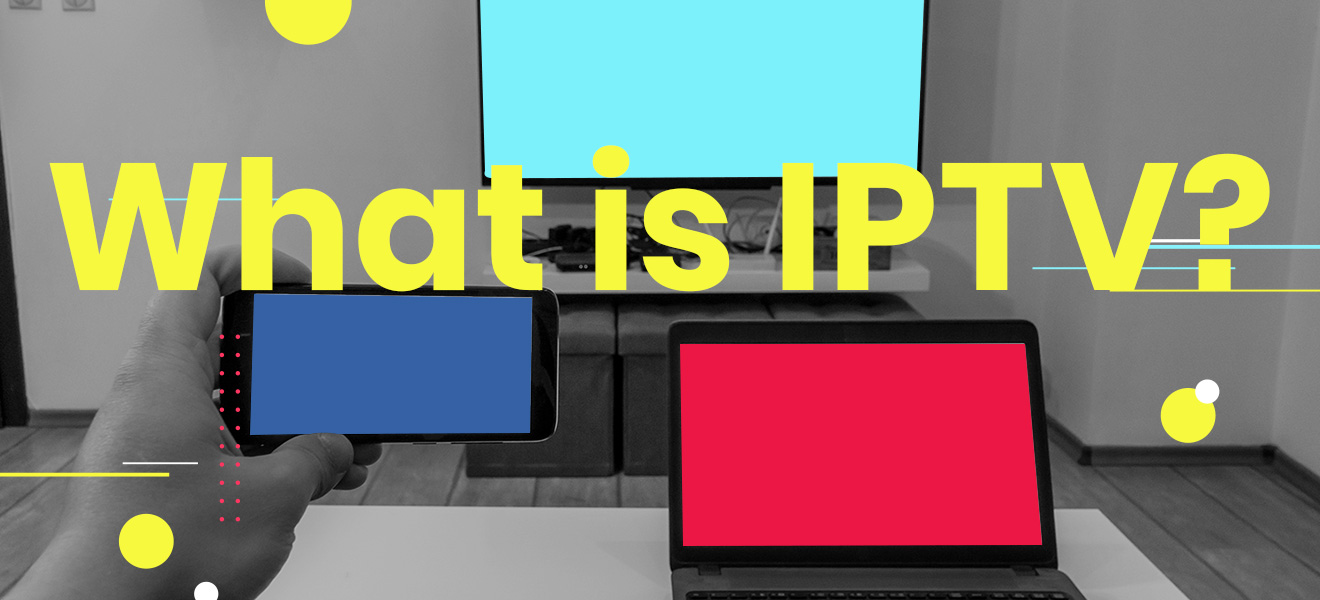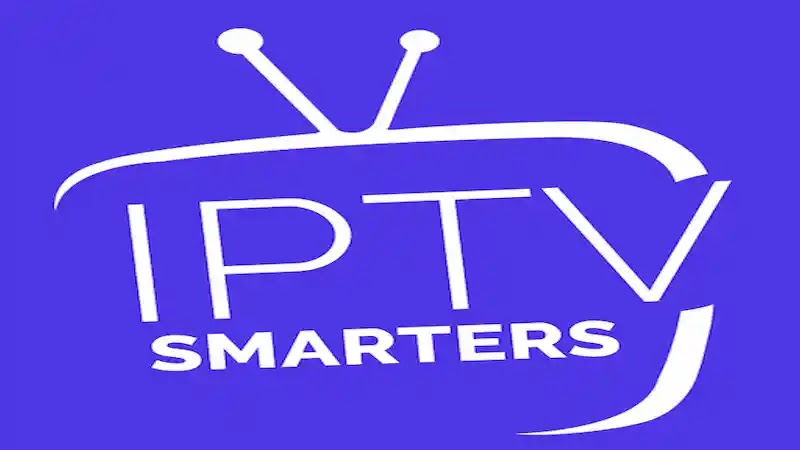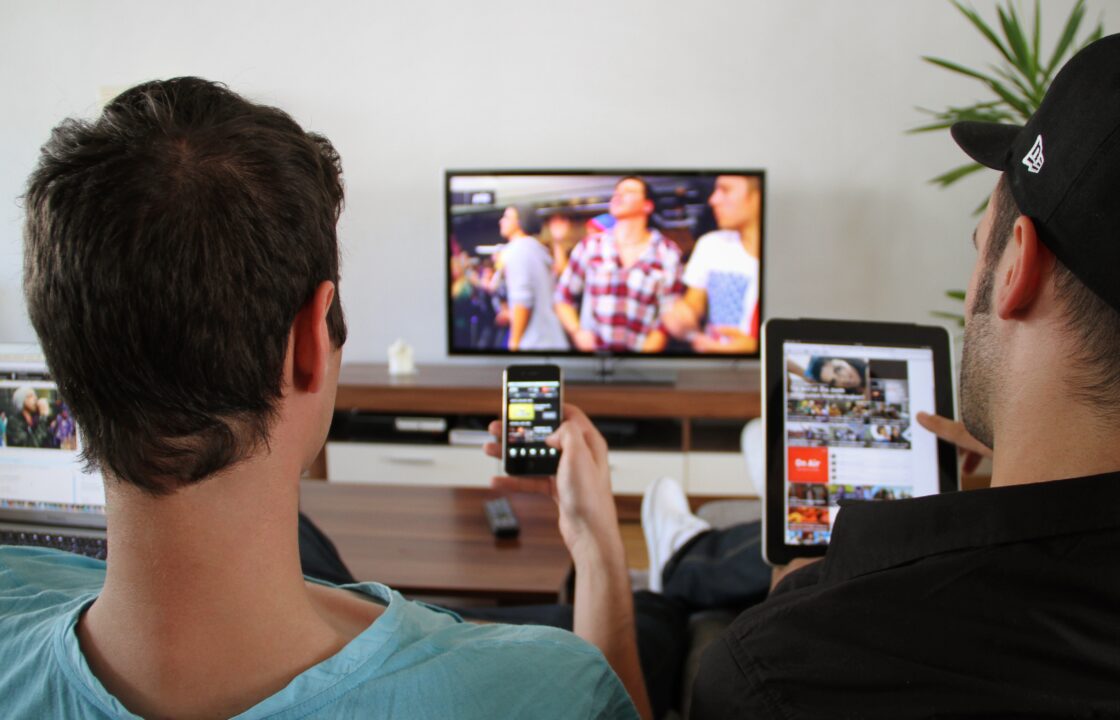
As technology continues to advance, new and innovative ways of accessing entertainment are introduced. One of such advancements is IPTV, which stands for Internet Protocol Television. IPTV has grown to be a popular means of streaming TV shows, movies, and sports to homes all over the world. This guide aims to provide beginners with all they need to know about IPTV.
Table of Contents
- What is IPTV?
- How does IPTV work?
- Types of IPTV services
- IPTV Pros and Cons
- IPTV vs Traditional TV
- Is IPTV Legal?
- How to access IPTV
- Setting up an IPTV service
- IPTV on different devices
- IPTV Tips and Tricks
- Common IPTV Issues and Troubleshooting
- IPTV FAQs
- Conclusion
- FAQs
1. What is IPTV?
IPTV is a streaming service that allows users to watch live TV shows, movies, and sports over the internet. Unlike traditional TV services, IPTV uses internet protocol networks to transmit the TV signal, allowing users to access their favorite content from anywhere in the world. IPTV services typically come in the form of paid subscriptions, and users can access them through various devices, including smartphones, smart TVs, and computers.
2. How does IPTV work?
IPTV uses internet protocol networks to transmit TV signals. This means that TV shows and movies are delivered to users through an internet connection rather than traditional cable or satellite methods. The process begins with a TV signal that is compressed into a digital format and then transmitted over the internet to the user’s device. The user’s device then decodes the signal and displays the content on their screen.
3. Types of IPTV services
There are two main types of IPTV services: live television and video on demand (VOD). Live television allows users to watch TV shows, movies, and sports as they are being broadcasted. VOD, on the other hand, allows users to watch TV shows, movies, and sports at any time. VOD services typically come in the form of libraries that contain a variety of content that users can access at their convenience.
4. IPTV Pros and Cons
IPTV has its advantages and disadvantages. Some of the pros of IPTV include the ability to access content from anywhere in the world, the ability to customize content, and the potential for cost savings compared to traditional TV services. Some of the cons of IPTV include the need for a stable and reliable internet connection, the potential for buffering and lag, and the risk of falling prey to scams and illegal services.
5. IPTV vs Traditional TV
IPTV has several advantages over traditional TV services. For one, IPTV services offer a wider range of content options, including live TV, VOD, and on-demand content. Additionally, IPTV services offer greater flexibility and customization options, allowing users to tailor their viewing experience to their preferences. However, traditional TV services still have their advantages, such as the ability to watch TV shows and movies without the need for an internet connection.
6. Is IPTV Legal?
The legality of IPTV services is a topic of much debate. While IPTV services themselves are not illegal, some IPTV providers offer illegal streams of copyrighted content. It is important to note that accessing illegal streams can lead to legal consequences, such as fines or imprisonment. Therefore, it is crucial to ensure that the IPTV service provider you choose is legitimate and offers legal content.
7. How to access IPTV
Accessing IPTV services typically involves purchasing a subscription
8. Setting up an IPTV service
To set up an IPTV service, you will first need to select a provider and purchase a subscription. Once you have done that, you will need to download the provider’s app or software to your device. Some IPTV providers also offer a web-based interface that can be accessed through a browser.
After you have downloaded the app or software, you will need to log in with your account details. Once you have logged in, you should be able to access the content available through your subscription. Some providers may also require you to configure the app or software to work with your device’s hardware and software specifications.
9. IPTV on different devices
IPTV services can be accessed on a variety of devices, including smartphones, tablets, smart TVs, and computers. To access IPTV on a smart TV, you will typically need to download the provider’s app from the TV’s app store. For smartphones and tablets, you can download the provider’s app from the app store or access the service through a web-based interface.
10. IPTV Tips and Tricks
Here are some tips and tricks to help you get the most out of your IPTV service:
- Ensure that you have a stable and reliable internet connection.
- Use a VPN to protect your privacy and access content that may be restricted in your region.
- Keep your IPTV app or software up to date to ensure that you have the latest features and bug fixes.
- Use an external hard drive to store and record content.
- Check with your IPTV provider for any additional features or tips.
11. Common IPTV Issues and Troubleshooting
Some common issues that users may encounter when using IPTV services include buffering, lag, and connectivity issues. Here are some troubleshooting tips to help you resolve these issues:
- Ensure that you have a stable and reliable internet connection.
- Restart your device and your internet router/modem.
- Clear the cache and data of your IPTV app or software.
- Check for any updates to your IPTV app or software.
- Contact your IPTV provider for additional assistance.
12. IPTV FAQs
- Is IPTV legal?
- IPTV services themselves are legal, but accessing illegal streams of copyrighted content is not.
- Can I watch IPTV on my smartphone?
- Yes, IPTV services can be accessed on smartphones through an app or web-based interface.
- Can I watch live TV on IPTV?
- Yes, IPTV services offer live TV as well as VOD and on-demand content.
- How do I set up an IPTV service?
- To set up an IPTV service, you will need to select a provider and purchase a subscription, download the provider’s app or software, and log in with your account details.
- What are some common IPTV issues and how can I troubleshoot them?
- Some common IPTV issues include buffering, lag, and connectivity issues. Troubleshooting tips include ensuring a stable internet connection, restarting devices and routers/modems, and checking for updates to IPTV apps or software.
13. Conclusion
IPTV is a popular and innovative way of accessing TV shows, movies, and sports over the internet. While IPTV services offer many advantages over traditional TV services, it is important to ensure that you choose a legitimate provider and access legal content. By following the tips and troubleshooting strategies outlined in this guide, you can get the most out of your IPTV service.
14. FAQs
- What is IPTV?
- How does IPTV work?
- Types of IPTV services
- IPTV Pros and Cons
- IPTV


